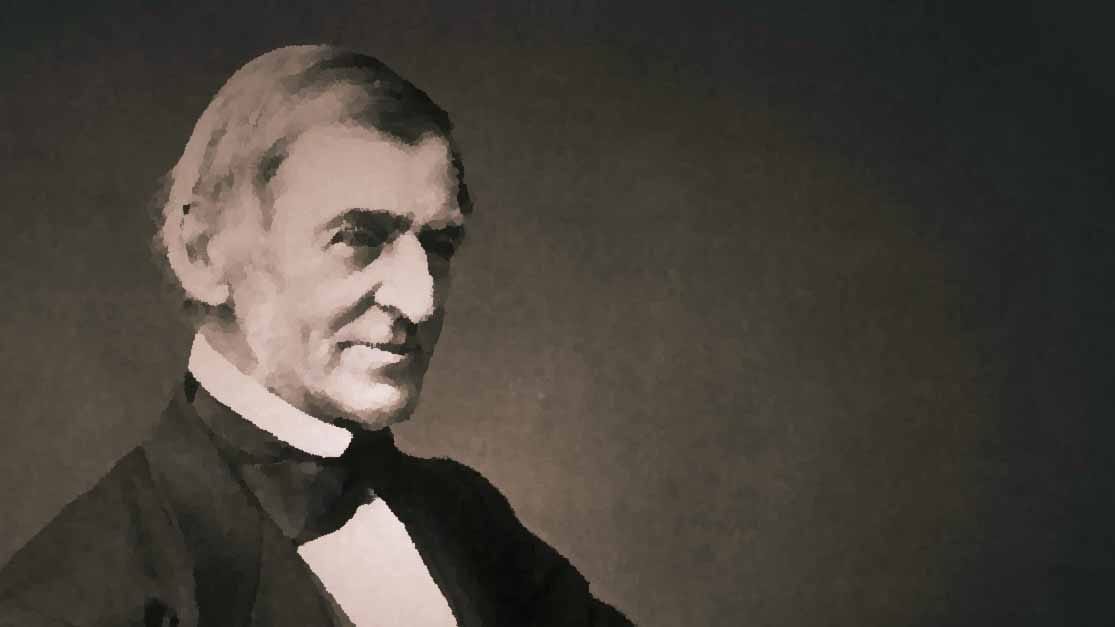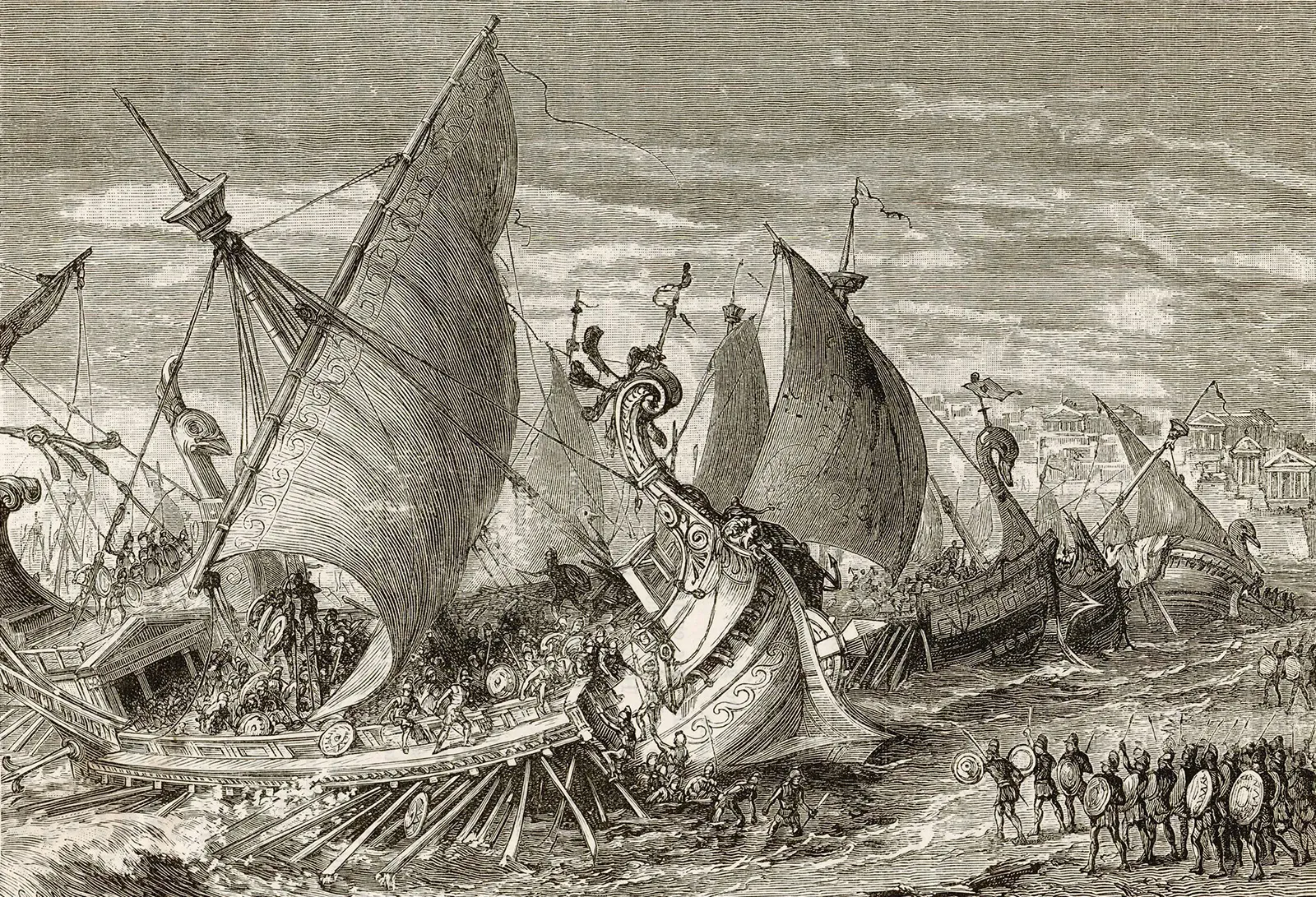"surely you're joking, mr. feynman!"
i finished reading Surely You’re Joking on the last day of November and it is definitely one of the most amusing, pleasurable, and inspiring books I’ve read. Feynman won the Nobel Prize in 1965 for his contributions in the field of quantum electrodynamics, but along and beyond the physics was an amazing character that had the superpower of playing the game of life in first-person mode, not caring much what people thought of him. His long-time collaborator, Freeman Dyson, aptly described him first as “half-genius, half-buffoon” and later corrected to “all-genius, all-buffoon”.

don’t be shackled by ideas of ultimate outcome
His boundless curiosity and first-person mode allowed him to follow many interests in life, without feeling constrained by ideas of ultimate outcome, utility, or duty. From quantum physics to experimenting with ants in his bathroom to playing the bongos and learning how to illustrate and paint, he wasn’t concerned too much about how superficial or deep his pursuits were. He just wanted to understand how the world works because the world is in-te-res-ting and that’s more than sufficient motivation. As I heard Sam Harris once said: asking “what’s the point?” is simply the wrong question.
In his own words: “I am curious about nature and I won’t kid myself that I understand it until I really do.”
build your understanding from first principles
Surely You’re Joking gives us a window into one of the finest minds of the 20th century and shows us his adventures and also teaches us the algorithm for learning from first principles. An algorithm for real knowledge. Feynman would refuse to accept anything based on authority and many times would look to replicate the experiments that other scientists had done before using their conclusion to further develop his own work. This way, he was forced to think from scratch (he often found mistakes in their work), from first principles, and really grasp the concepts he was working with.
In one passage of the book, he recounts that, when learning, he would imagine a real life example first, and go from there. This would make him go slow at the beginning, and ask basic or “dumb” questions, but shortly after he would be able to understand things in a much more fundamental way and would be capable of spotting errors when other experts couldn’t do it because they were not seeing it.
drumming sessions
Another fascinating aspect of the book is how it came to be. Feynman was visiting a colleague at his house, when he heard the sound of drums coming from the garage. It was his colleague’s son, Ralph Leighton, playing the drums and Feynman asked to join. This was the beginning of at least seven years of drumming sessions that were, I imagine, permeated during breaks with the colorful storytelling of Richard Feynman. At some point, probably early on, Leighton had the vision to record the stories for posterity. He either had the vision or was just a natural reaction when presented with such an exuberant character.
you can (and should) get good at your hobbies
Of the many areas of interest and expertise that Richard Feynman participated in and got good at aside from academia (which included not only physics, but also biology), I remember: illustrator/painter, percussionist, picklock, Mayan hieroglyphics expert.
- He had his drawings exhibited at a big local store and he had his own one-man exhibit!
- A ballet choreography was developed solely based on his ad lib percussion sessions, and later on, the same (or a similar) ballet performance with his percussion-only soundtrack made it to the finals of an international dance contest held in Paris
- In a trip to Mexico and Guatemala, he obtained a copy of a Mayan codex and deciphered it himself, later on gave a lecture on this topic and even showed how to spot a fake codex
“the prize is the pleasure of finding the thing out”
The above quote is in reference to being awarded the Nobel Prize, and in the same line: “I don’t see that it makes any point that someone in the Swedish Academy decides that this work is noble enough to receive a prize.
He had a natural antipathy to authority, committees, protocol, you know, those things. People gathering to judge other people, arbitrary hierarchies, arbitrary rules, those things.
love the pursuit of knowledge, and trust your knowledge
He watched the detonation of the first atomic bomb in New Mexico in 1945 as part of the Manhattan Project. This is what he recounts: “They gave out dark glasses that you could watch it with. Dark glasses! Twenty miles away, you couldn’t see a damn thing through dark glasses. So I figured the only thing that could really hurt your eyes (bright light can never hurt your eyes) is ultraviolet light. I got behind a truck windshield, because the ultraviolet can’t go through glass, so that would be safe, and so I could see the damn thing.”
He didn’t wear the dark glasses to watch the first nuclear explosion! The man knew his physics.
and one final quote
“If you expected science to give all the answers to the wonderful questions about what we are, where we’re going, what the meaning of the universe is and so on, then I think you could easily become disillusioned and then look for some mystic answer to these problems. How a scientist can take a mystic answer I don’t know because the whole spirit is to understand well…
the way I think of what we’re doing is we’re exploring, we’re trying to find out as much as we can about the world. People say to me, “Are you looking for the ultimate laws of physics?” No, I’m not, I’m just looking to find out more about the world… but whatever way it comes out its nature is there and she’s going to come out the way she is, and therefore when we go to investigate it we shouldn’t pre-decide what it is we’re trying to do except to try to find out more about it… My interest in science is to simply find out about the world, and the more I find out the better it is, like, to find out.”

